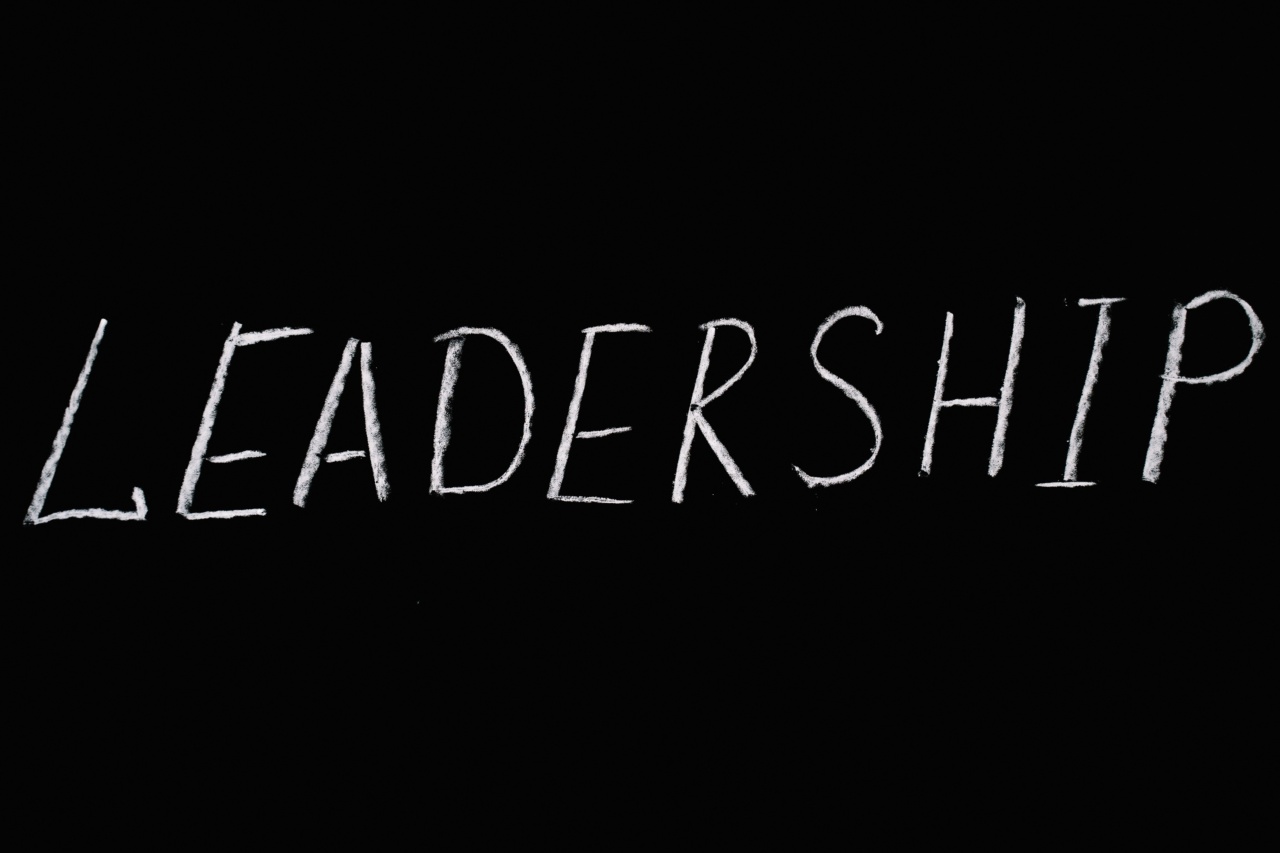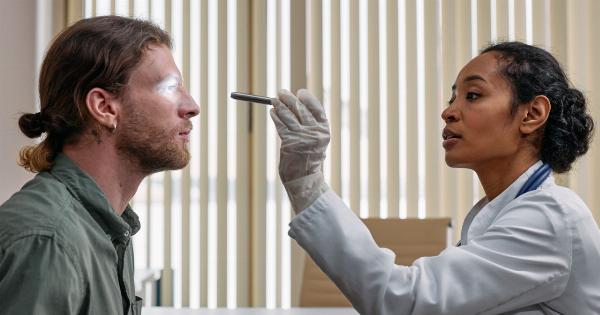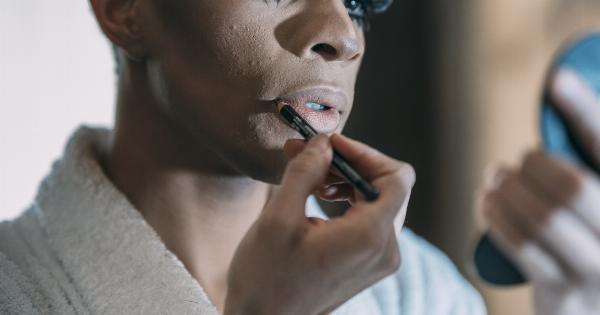Sexuality is an integral part of our identity. Our sexual orientation can influence our sense of self, our relationships, and even how we are perceived by others.
The way we express our sexuality can be affected by society’s norms and expectations, and our experiences with discrimination and stigma can shape our relationship with our sexual identity. In this article, we will explore the ways in which sexuality can influence our identity.
Sexuality and Self-Concept
Sexuality is a fundamental component of our self-concept. It is one of the many ways in which we define ourselves and understand our place in the world. Our sexual orientation can influence our sense of self-worth and how we feel about ourselves.
For individuals whose sexual orientation is outside of the heterosexual norm, coming to terms with their sexuality can be a challenging process. Accepting one’s sexual identity can involve a journey of self-discovery and can be a significant step towards self-acceptance and self-love.
Relationships and Sexuality
Our sexual orientation can also affect our relationships with others.
For individuals who identify as LGBTQIA+ (lesbian, gay, bisexual, transgender, queer/questioning, intersex, asexual, and other non-heteronormative identities), forming and maintaining relationships can be a complex and challenging experience. Homophobia, transphobia, and discrimination are still prevalent in many aspects of society, and this can make it difficult for LGBTQIA+ individuals to feel accepted and valued.
People who identify as LGBTQIA+ often face unique challenges in forming romantic relationships. They may feel isolated or marginalized, and they may struggle to find partners who share their values and experiences.
However, as society becomes more accepting and LGBTQIA+ relationships become more visible, these barriers are slowly being broken down.
Society’s Expectations and Norms
Society has a significant influence on how we express our sexuality and our sexual identity. Societal norms and expectations can reinforce traditional gender roles, which can influence how individuals perceive their own sexuality.
For example, men who view themselves as masculine may feel pressure to conform to heteronormative expectations and avoid behaviors that are seen as feminine or gay.
Furthermore, societal norms can make it challenging for individuals to express their sexuality openly. Many LGBTQIA+ individuals feel compelled to hide their sexual orientation out of fear of being ostracized or discriminated against.
This can lead to feelings of shame, guilt, and low self-esteem.
Discrimination and Stigma
Discrimination and stigma are unfortunately still prevalent in our society. Many LGBTQIA+ individuals experience discrimination and harassment based on their sexual orientation or gender identity.
These experiences can lead to psychological distress, anxiety, and depression.
In addition to the harm caused by discrimination and harassment, stigma can also influence how individuals feel about themselves.
Internalized homophobia and transphobia can result from societal stigma, causing individuals to see their sexuality as something shameful or wrong.
The Intersection of Sexuality and Other Identities
Sexuality can intersect with other aspects of our identity, such as race, ethnicity, religion, and socioeconomic status.
Individuals who identify as LGBTQIA+ and who belong to marginalized communities may face additional barriers to self-acceptance and self-expression.
For example, LGBTQIA+ individuals of color may struggle with reconciling their sexual identity with their cultural or religious identities. They may fear that coming out will lead to ostracism and rejection from their families and communities.
Celebrating Sexual Diversity
Despite the many challenges that LGBTQIA+ individuals face in society, there are also many reasons to celebrate sexual diversity. By embracing our sexuality, we can find deep connections with others and experience joy, love, and fulfillment.
By advocating for LGBTQIA+ rights, we can help to create a more accepting and inclusive society that celebrates the diversity of human experience.
Conclusion
Sexuality is an important aspect of our identity that impacts how we see ourselves and interact with others.
Society’s norms and expectations can create barriers that prevent individuals from expressing their sexuality openly, leading to feelings of isolation, shame, and low self-esteem. However, by advocating for LGBTQIA+ rights and celebrating sexual diversity, we can work towards creating a more accepting and inclusive society that embraces the diversity of human experience.


























